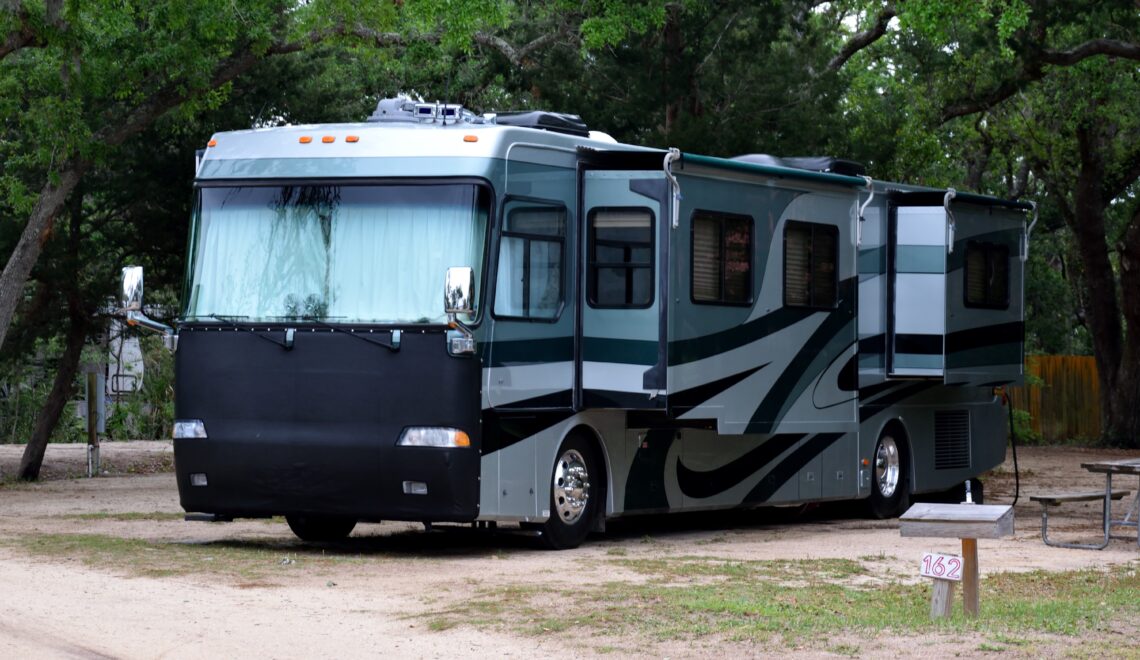
Dear Monty: My wife and I live in our motorhome while traveling the country. Though we enjoy this lifestyle, the constant setup and takedown at RV parks is becoming challenging. We’re considering buying a home in a 55+ Florida community where friends we met during our travels purchased recently. We own a rental property in Minnesota, currently leased to our daughter, which we’d sell along with the motorhome to purchase the Florida home without a mortgage. Being conservative in our decisions, we’d appreciate your thoughts on this transition.
Monty’s Answer: This lifestyle change contains major financial decisions. Based on the details you’ve provided, here’s how I would approach it.
Financial Considerations: Compare the total costs of Florida homeownership with your current expenses, including property taxes, insurance, HOA fees, utilities, and maintenance. Also, consider how your Minnesota rental property plays into your financial strategy. Selling may not be the best move if it provides a steady income. However, if appreciation potential is low and maintaining it from a distance is difficult, selling could simplify things and provide liquidity for your next chapter. Factor in the tax implications of changing your primary residence to Florida. The state has no income tax, but property taxes and insurance—especially in hurricane-prone areas—may offset savings. Another key consideration is healthcare costs; comparing expenses and care quality in Florida versus Minnesota is crucial. Investigate how Medicare plans differ between states, as they can vary in coverage and provider options. Here is a link to The Cost of Living Index.
Evaluating the Location: Beyond finances, research the specific 55+ community carefully. Look into its financial health, rules, and restrictions. Some communities have policies that may not align with your lifestyle, so understanding them in advance is crucial to avoid surprises. Check the quality and accessibility of local medical facilities. Also, determine if the community is in a hurricane zone, as this affects insurance rates and overall safety. Assess whether emergency preparedness measures are in place for residents. Proximity to major airports matters if family visits are important. Research local developments to ensure future construction or zoning changes won’t negatively impact property values. Understanding the broader real estate trends in the area can also help predict whether your investment will appreciate over time.
Lifestyle Adjustments: Transitioning from a nomadic to a stationary lifestyle is a significant change. Before committing, ask yourself if you’re ready to settle in one place year-round, after years of traveling. A three to six months trial period—preferably during peak season—can help you experience the climate, community dynamics, and local activities before making a final decision. This period will also allow you to evaluate the seasonal population shifts and how they affect the community atmosphere. Consider whether keeping a smaller RV for seasonal travel could be a good compromise. This would allow you to maintain some mobility while enjoying the benefits of homeownership. You can explore new places and have a home base.
Recommended Approach:
- Take a trial period – Rent in the community for a few months to experience daily life before selling your assets.
- Keep your Minnesota property initially – This provides a backup plan if permanent homeownership in Florida doesn’t suit you.
- Research alternatives – Permanent RV lots, seasonal rentals, or a smaller home with continued part-time RV travel might be better suited to your lifestyle.


